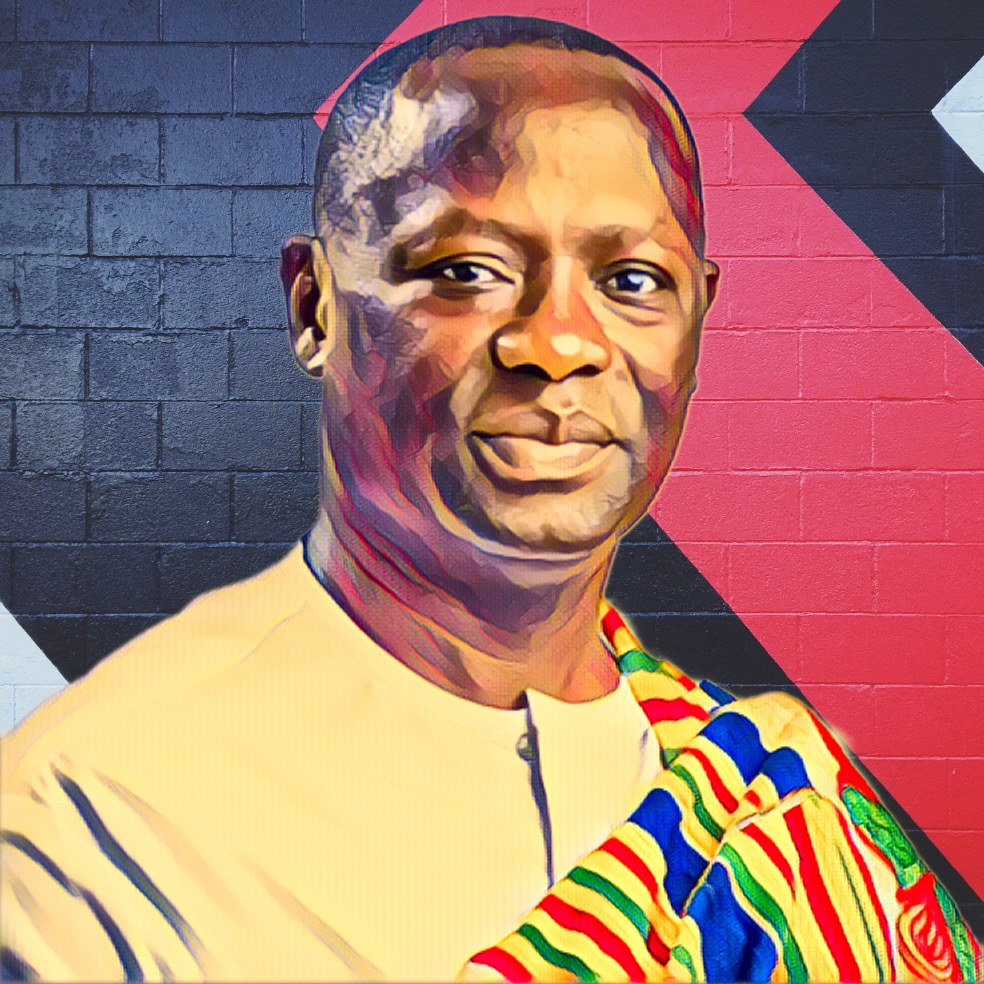A prominent member of Ghana’s opposition party, the National Democratic Congress (NDC), has launched a scathing critique of President Nana Akufo-Addo’s administration, accusing it of leaving a legacy of debt and suffering for Ghanaians. The remarks come amid growing economic challenges and public dissatisfaction with the government’s handling of key issues.
Speaking at a recent party event, NDC Member of Parliament (MP) Isaac Adongo did not mince words in his assessment of Akufo-Addo’s tenure. “The legacy of President Akufo-Addo is one of crippling debt and excruciating pain for the average Ghanaian,” Adongo stated. He pointed to rising national debt, high inflation, and increasing cost of living as evidence of the administration’s failures.
Adongo highlighted that the government’s borrowing has led to unsustainable debt levels. Ghana’s public debt has surged in recent years, reaching over 80% of GDP. This, he argued, has constrained the country’s fiscal space, limiting its ability to invest in critical sectors such as education, healthcare, and infrastructure.
“The Akufo-Addo administration has mortgaged the future of our children,” Adongo asserted. He also accused the government of mismanaging funds and failing to deliver on its promises of economic transformation and job creation. Despite significant borrowing, he claimed, the benefits have not trickled down to ordinary Ghanaians, who continue to face economic hardships.
The MP also touched on the rising cost of living, which has been a major concern for many Ghanaians. Inflation has eroded the purchasing power of citizens, making it difficult for families to afford basic necessities. According to Adongo, the government’s economic policies have exacerbated these challenges, pushing more people into poverty.
In response to the NDC’s criticism, supporters of the Akufo-Addo administration argue that the government has made substantial investments in infrastructure and social programs. They cite initiatives such as the Free Senior High School policy, which has increased access to education, and various infrastructure projects aimed at improving the country’s road network and healthcare facilities.
However, Adongo and other critics remain unconvinced. They argue that these initiatives, while commendable, have been overshadowed by the government’s overall economic mismanagement. “The few successes cannot mask the broader economic failures,” Adongo said. He called for a change in leadership, urging Ghanaians to vote for the NDC in the upcoming elections.
The economic debate is expected to be a central issue in the next election cycle. As Ghanaians grapple with the current economic realities, the contrasting visions offered by the NDC and the ruling New Patriotic Party (NPP) will shape the political landscape.
Despite the grim economic picture painted by Adongo, there is hope that Ghana can turn the corner. Analysts suggest that with prudent economic management and a focus on sustainable development, the country can overcome its current challenges. The upcoming elections will be crucial in determining the direction Ghana will take in the coming years.
Source: GhanaWeb




